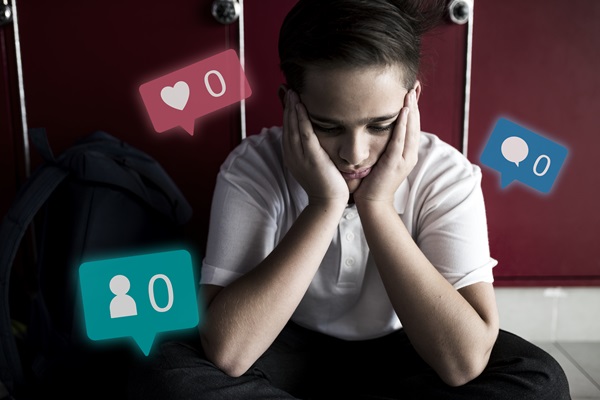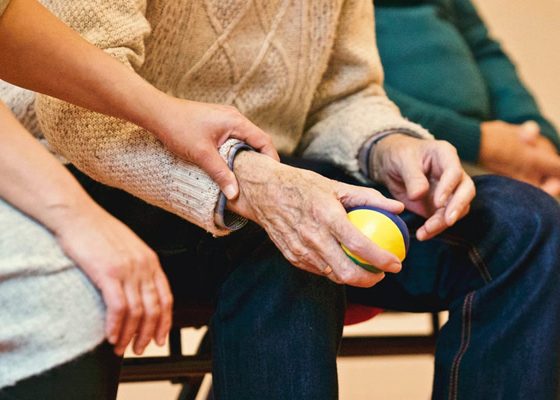In the age of the internet, social media has become an integral part of our lives. It connects us, empowers us, and provides a platform for self-expression. But, like any tool, its impact on our mental health is complex. This article explores the mental health effects of social media. It delves into the positives of connection, self-esteem, and belonging, but also uncovers the dark side of stress, comparison, sadness, and isolation that heavy social media use can bring. The key lies in mindful consumption – a balanced digital landscape approach.

Mental Health Effects of Social Media
Exploring the nuanced landscape of mental health effects of social media reveals both its bright and dark effects. On one hand, social media platforms offer unprecedented connectivity, fostering a sense of belonging and facilitating support networks for individuals navigating mental health challenges.
The Bright Side: Positive Effects of Social Media
1. Enhancing Connection
Social media bridges geographical gaps, connecting friends, families, and even strangers, providing a virtual space for building relationships.
2. Boosting Self-Esteem
Positive interactions, compliments, and validation from peers can enhance self-esteem and self-worth.
3. Fostering a Sense of Belonging
Being part of online communities or groups with shared interests can foster a strong sense of belonging and acceptance.
4. Supportive Networks
Social media can be a vital support system during difficult times, allowing people to connect with others who face similar challenges.
The Dark Side: Negative Effects of Social Media
5. Stress and Anxiety
The constant exposure to curated, idealized content can generate stress and anxiety, leading to the fear of missing out (FOMO) and the pressure to constantly engage.
6. Social Comparison
Scrolling through the highlight reels of others’ lives can fuel unhealthy social comparison, triggering feelings of inadequacy and jealousy.
7. Isolation and Loneliness
Paradoxically, heavy social media use can lead to feelings of isolation and loneliness, as online interactions may not fully replace face-to-face connections.
8. Cyberbullying
Cyberbullying is a harsh reality of the digital world, causing emotional distress and lasting trauma to victims.
9. Sleep Disturbances
Excessive screen time, especially before bedtime, can disrupt sleep patterns, impacting overall mental health.

The Vulnerable Demographics
10. Adolescents and Young Adults
Adolescents are particularly vulnerable to the negative mental health effects of social media due to their developmental stage and susceptibility to peer influence.
11. Adult Users
Contrary to common belief, heavy social media use can increase the risk of depression, anxiety, and self-harm in adult users just as much as it can in adolescents.
12. Seniors
Even seniors are not immune, as they increasingly turn to social media for connection and information, but may encounter cyberbullying and other stressors.
The Science of Social Media and Mental Health
13. Depression and Anxiety
Multiple studies have found a strong link between heavy social media use and an increased risk for depression and anxiety, particularly in adolescents and young adults.
14. Loneliness and Isolation
Prolonged social media use has been associated with increased feelings of loneliness and isolation, despite the virtual connections.
15. Self-harm and Suicidal Ideation
There’s evidence to suggest that social media may contribute to self-harm and even suicidal ideation, especially among vulnerable individuals.

Strategies for Mindful Social Media Use
16. Setting Boundaries
Establishing limits on daily screen time and time spent on specific platforms can help mitigate the negative mental health effects of social media
17. Unplugging Periods
Regular “digital detox” breaks can be beneficial to reset one’s mental state and regain perspective.
18. Curating the Feed
Being mindful of who you follow and consume content can significantly influence your mental well-being.
19. Healthy Interactions
Prioritizing meaningful interactions and discussions over passive scrolling can enhance the positive aspects of social media.
Conclusion
The mental health effects of social media are a double-edged sword. While it offers immense opportunities for connection and self-expression, it can also be a breeding ground for stress, comparison, and isolation. Understanding the risks and benefits is crucial. Mindful and balanced social media use is essential to harness the positives and mitigate the negatives. It’s a tool, not a master, and should be wielded as such.




